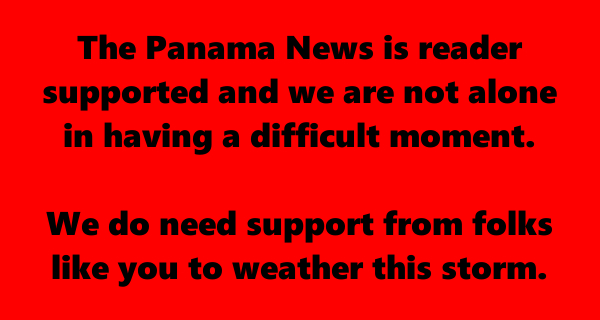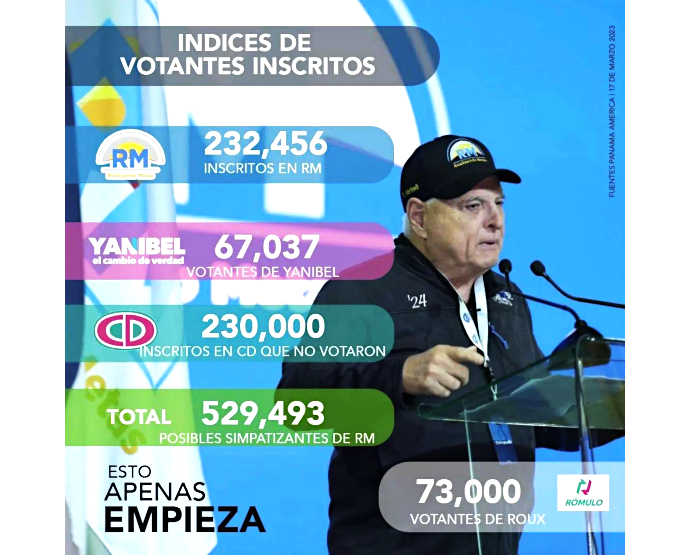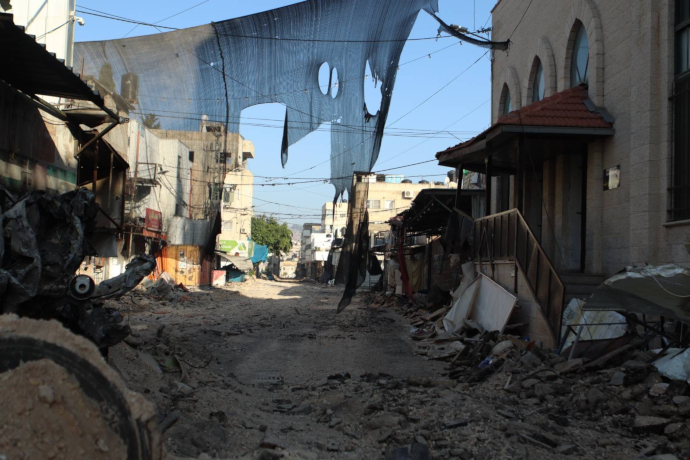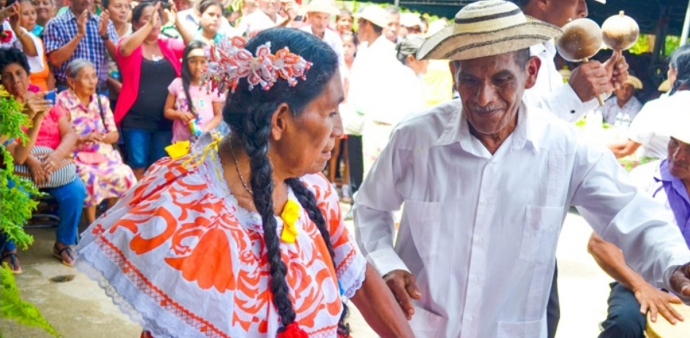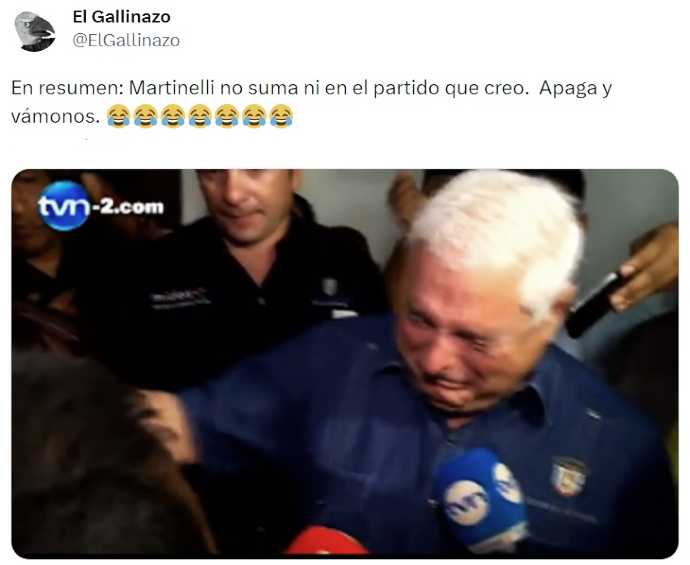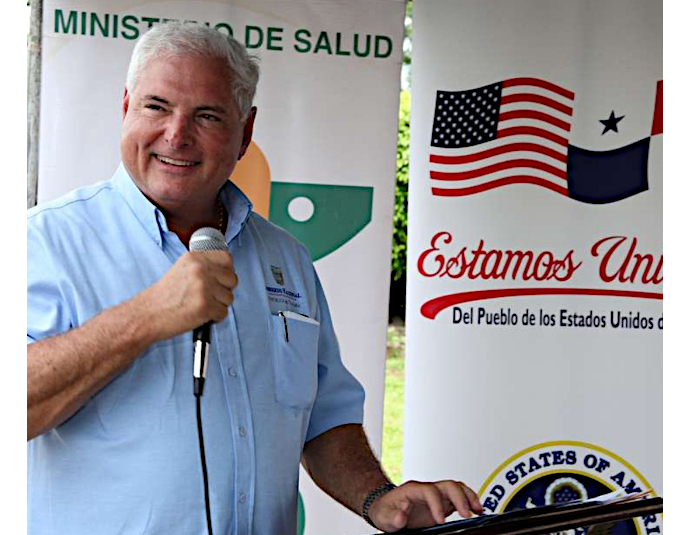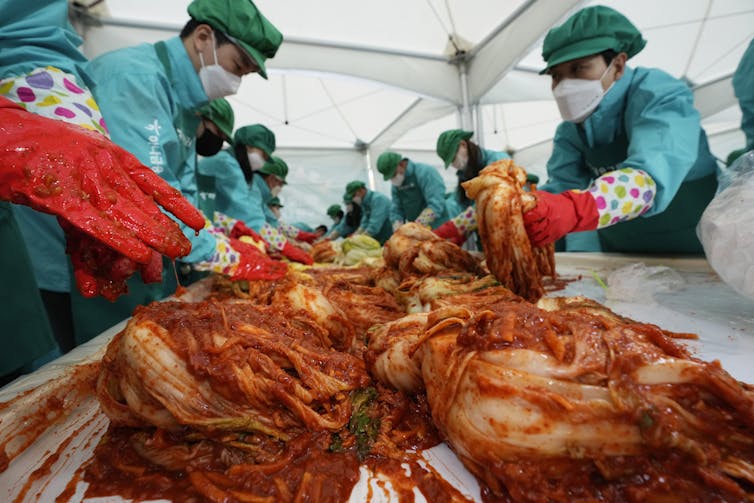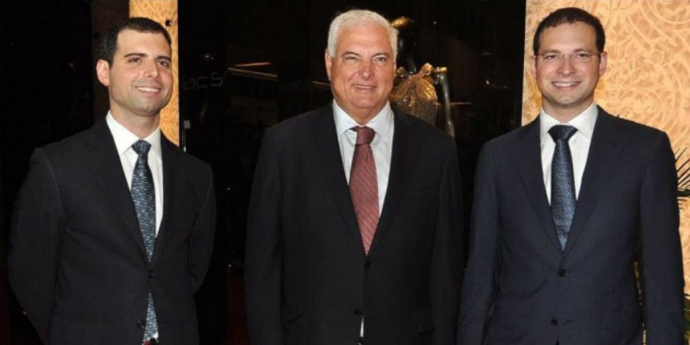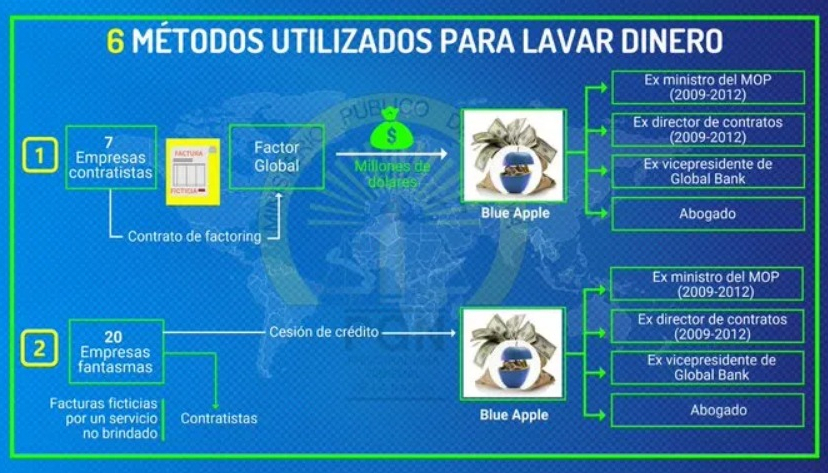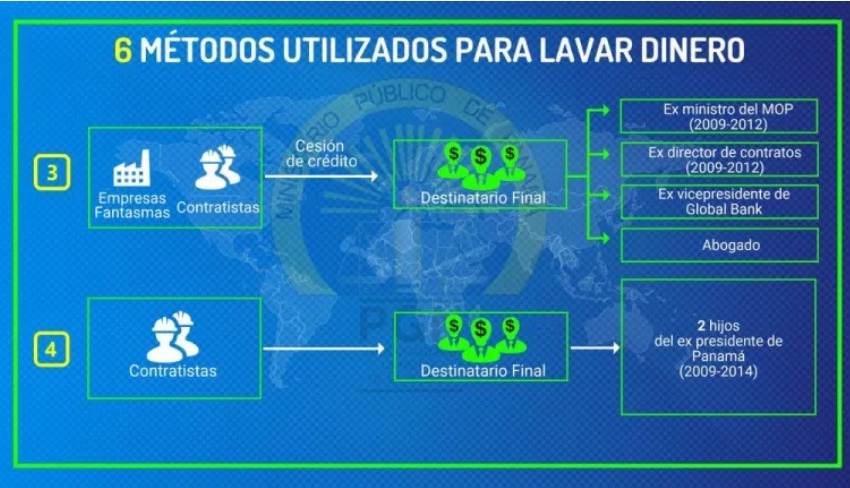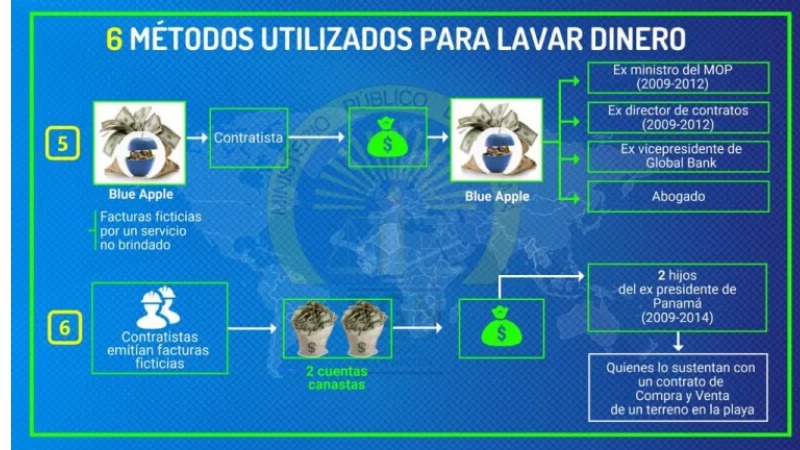Jenin this Fourth of July. Photo from the B’Tselem Facebook page by Wahab Bani Moufleh.
The Occupation and Jewish values
by Alon Ben-Meir
Since 1967, the Israeli-Palestinian conflict has largely been seen and discussed from the prism of the various conflicting issues over territory, security, Jerusalem, the Palestinian refugees, the settlements, and historic rights. On each of these issues, Israel’s actions have blatantly violated the Palestinians’ basic human rights, creating humanitarian crises on every level. Israel’s actions and their devastating impacts are completely inconsistent with Jewish values. Had these values been followed in every encounter and sincere efforts were made by both sides to reach a peace agreement, the conflict might have been resolved decades ago and the humanitarian disasters inflicted on the Palestinians could have been averted.
The intensifying violent encounters between the two sides since the beginning of the year have claimed the lives of 147 Palestinians and 23 Israelis. The vicious cycle of violence which has been escalating, as we have seen in recent days in Jenin in the West Bank, will continue to fester, especially because of the sense of entitlement which the current Israeli government in particular and the settlers have in spades.
The recent killing of four innocent Israeli settlers by a Palestinian terrorist cannot be justified under any circumstances. But for the perpetrators, this was an act of revenge that was taken as vengeance for the killing of several Palestinians in the days prior. The Palestinian attackers felt that they had no choice left but to fight for their freedom – for their dreams and aspirations – preferring to die as martyrs with honor rather than live in servitude for the rest of their lives.
Defying Jewish values
Although the pogroms committed by the settlers that followed were condemned by Netanyahu and the leaders of the opposition, the settlers have been listening all along to the likes of ministers Ben-Gvir and Smotrich, to whom the life of any Palestinian is dispensable and have said as much publicly time and again. In February, following the killing of two Israeli brothers and the settler-led pogrom that ensued against the village of Huwara, Israeli Minister of Finance Bezalel Smotrich stated, “I think the village of Huwara needs to be wiped out. I think the state of Israel should do it.”
Thus, dispossessing the Palestinians of everything they have, setting fire to scores of houses and cars, and wanton destruction of properties while Israeli soldiers watch with equanimity makes a mockery of these Jewish values that Israeli officials pretend to uphold so high.
The irony here is that while some officials condemned the pogroms because such horrendous acts defy Jewish values, they have conveniently forgotten that for decades Israel has regularly been violating these values by acting inhumanely against the Palestinians in the name of national security. Successive Israeli governments ignored the historical account of the Jews’ survival throughout the centuries, which was attributed to their collective adherence to these values and their commitment to never forsake them, as they constituted the religious and ethical foundation of the Jews’ continuing survival.
These Jewish values include caring for and being compassionate toward other human beings, not turning away from people in need, loving one’s neighbors, forgiving and having mercy, clothing the naked, upholding the right to justice and ownership of property, freeing the oppressed, sharing your bread with the hungry, sheltering the homeless, and respecting the right of every person to life. Finally, there is Tikkun Olam, which translates to ‘repairing the world,’ to restore it to how its creator made it, or make it better for all.
How do Israeli governments square these values to the uprooting of olive trees that deprive the owners of their main source of income and force them to live on handouts with humiliation; to the horrifying practice of incarcerating mostly young men often for months without being charged with any crimes; to the frequent night raids that terrify the young and kidnap fathers and eldest sons, not to be seen again sometimes for months?
And how do you square Jewish values to the routine forcible eviction of Palestinians from their homes and cruel acts of demolishing houses under the pretext of being built without a permit, or because the government decided to rezone the area for some obscure reason, leaving them homeless and despairing; or annexing more land for military training, leaving many families without the land which was the source of their livelihood?
Do these horrifying acts of cruelty that happen routinely and are hardly criticized pass the litmus test of Jewish values? Indeed, successive Israeli governments led by Netanyahu in particular have egregiously and shamelessly violated every single value the Jews have held for centuries. But then, leave it to the avid right-wing Israelis and officials to justify these punitive measures on the grounds of national security. In fact, these inhumane measures are designed not only to force Palestinians out of their land but to deliberately instigate Palestinian violent resistance, which in turn the government uses as a pretext to take retaliatory measures against the Palestinians and justify the continuing occupation.
Inviting violence
The Netanyahu government has continued its sinister scheme to make the Palestinians’ lives unbearable so that they leave their homes and communities out of despair and hopelessness—an effort to clear the land of all Palestinians for Israelis to move in. These officials and millions of staunch right-wing Israelis quietly condone these pogroms and gross violations of the Palestinians’ human rights simply because they serve their long-term goal of controlling all the land from the Mediterranean Sea to the Jordan River.
Conversely, had Israeli successive governments truly applied Jewish values, they would have ended the ruthless measures they take that precipitate massive humanitarian crises. Every Palestinian, wherever they may live, feels each tragic event as if they have experienced it themselves, which only strengthens their resolve to counter the Israelis’ brutality and ruthlessness by taking revenge through acts of terror.
More than any previous government, this current shameless government particularly makes a mockery of Jewish values. But then Netanyahu and his charlatan ministers try to toe the line between what’s right and wrong by paying less than lip service to these violent pogroms. It is incomprehensible that we Jews, who have suffered from countless pogroms throughout the centuries, allow settlers who are living on land usurped from the Palestinians to commit such reprehensible acts with impunity.
The harshness of the occupation
Let me illustrate how deeply this Netanyahu government has degraded and tarnished Jewish values, which smacks in the face of those who speak of such values with pride but happily ignore them when it suits their needs.
In December, the son of a Palestinian mother and father was arrested and imprisoned after being accused of carrying out two bus attacks on settlers, killing two. Within days, Israeli security officials came to the family home, where he no longer lived, to map out the home for destruction. This is the standing Israeli policy, to demolish the home of a Palestinian terrorist who kills an Israeli to deter others from committing a similar crime.
The house was slated to be demolished in February; after failed appeals, and despite the fact that the son was still imprisoned with no sign of impending release, the Israeli army came to the home last month and leveled it to the ground. The suspect’s parents and four sisters, none of whom have been suspected or accused of any wrongdoing, now find themselves staring at a pile of rubble, which was only the day before a warm home that shielded them from all outside elements. While this inhumane practice continues with the current Netanyahu government and the vicious National Security Minister Ben-Gvir, the plight of the Palestinians is only worsening with no end in sight.
For the parents, their son was not a terrorist; he was a young man with dreams and aspirations, to make something of himself. I asked those Israelis who talk about Jewish values with pride, does the destruction of the home of a family and four children conform with Jewish values when the core of these values is rooted in compassion, in caring, in loving and healing another human being?
Ben-Gvir and Smotrich, who are proud of being devout Jews, maybe should take another look at what the Hebrew Bible teaches about crime and punishment. The book of Ezekiel (18:19 NIV) states: “The child will not share the guilt of the parent, nor will the parent share the guilt of the child. The righteousness of the righteous will be credited to them, and the wickedness of the wicked will be charged against them.” Why then does a government that claims to be guided by Jewish values and religious ethics commit such naked crimes that make a mockery of these values enshrined in the Tanakh? To be sure, every day of occupation diminishes and tarnishes Jewish values.
But leave it to the wicked Smotrich who shamelessly stated that “The attempt to create an equivalency between murderous Arab terror and [Israeli] civilian counteractions, however serious they may be, is morally wrong and dangerous on a practical level.” On a practical level? Let me tell you, Mr. Smotrich, what the practical level is.
The way the Israeli government is treating the Palestinians is doing nothing but sowing the seeds for the next terrorist attack against innocent Israelis, for the next pogrom against innocent Palestinians, for the coming massive conflagration between Israelis and Palestinians that will claim the lives of hundreds if not thousands of innocent men, women, and children on both sides. That is the practical level.
Israel is now on a collision course with history. The Israelis must make up their minds. Do they want to live in an occupying country, an apartheid state that routinely oppresses other people, stamps on their dignity, and denies them their basic human rights while provoking violence and spreading fear and uncertainty, not knowing what tomorrow might bring? Or do they want to live in the country for which they were yearning for centuries, where justice is pursued with vigor, where every Jew, regardless of their religious affiliation, color, or country of origin can find a home, a refuge, be free, independent, and safe while fully adhering to the values that the Jews have proudly espoused?
Successive Netanyahu governments have betrayed what the Jews stood and suffered for throughout the centuries. Now he is determined to subordinate the Supreme Court and the appointment of judges to the whims of politicians, which will destroy Israel’s democracy and render it a de facto dictatorship that will rain havoc on the Palestinians without any accountability. Sadly, and unconsolably, Israel will become, if it hasn’t already, a liability rather than a source of pride and security for all Jews, especially to diaspora Jewry which constitutes the majority of the global Jewish population.
As long as the occupation continues, no Israeli can tell with any certainty where Israel will be in 10-15 years. The Israeli extremists who believe that they can indefinitely sustain the occupation, confiscate more territories, build new and expand current settlements, force despairing Palestinians to leave, and uproot others are ominously misguided and render a horrifying disservice to the country and to world Jewry. Can they really be so oblivious to the continuing rise of Palestinian militancy which Israel is nurturing and will only intensify and exact heavy blood and treasure from Israel? Palestinian youth whose futures have been usurped are happily sacrificing themselves to be free rather than live hopelessly in bondage.
As long as Israel continues to be an occupying power, it cannot and will not ever be in a position to claim the moral high ground rooted in Jewish values. It is now up to the Israeli public to demand an end to the 56 years of occupation and live up to the premise behind Israel’s creation: to be free, secure, inventive, and a light onto other nations.
Dr. Alon Ben-Meir is a retired professor of international relations at the Center for Global Affairs at NYU. He teaches courses on international negotiation and Middle Eastern studies.
This article is the first in a series of three that examines the mistakes that both Israelis and Palestinians have made, creating a vicious cycle, and how to find a way out. This article focuses on the occupation which defies Jewish values and intensifies the gravity of the humanitarian crisis of the Israeli-Palestinian conflict. The next article will argue that Palestinian leaders have missed many opportunities to make peace with Israel. Their resistance and unrealistic demands have played directly into Israel’s hand and severely sabotaged their national cause. They must come to terms with Israel’s existence in peace and security if they ever want to establish a state of their own. The third article will offer a way out of this continuing tragic conflict.
Contact us by email at fund4thepanamanews@gmail.com
To fend off hackers, organized trolls and other online vandalism, our website comments feature is switched off. Instead, come to our Facebook page to join in the discussion.
These links are interactive — click on the boxes
